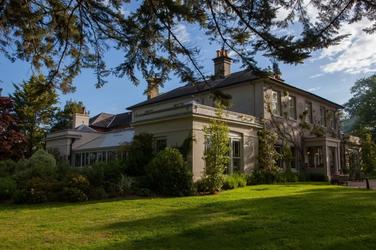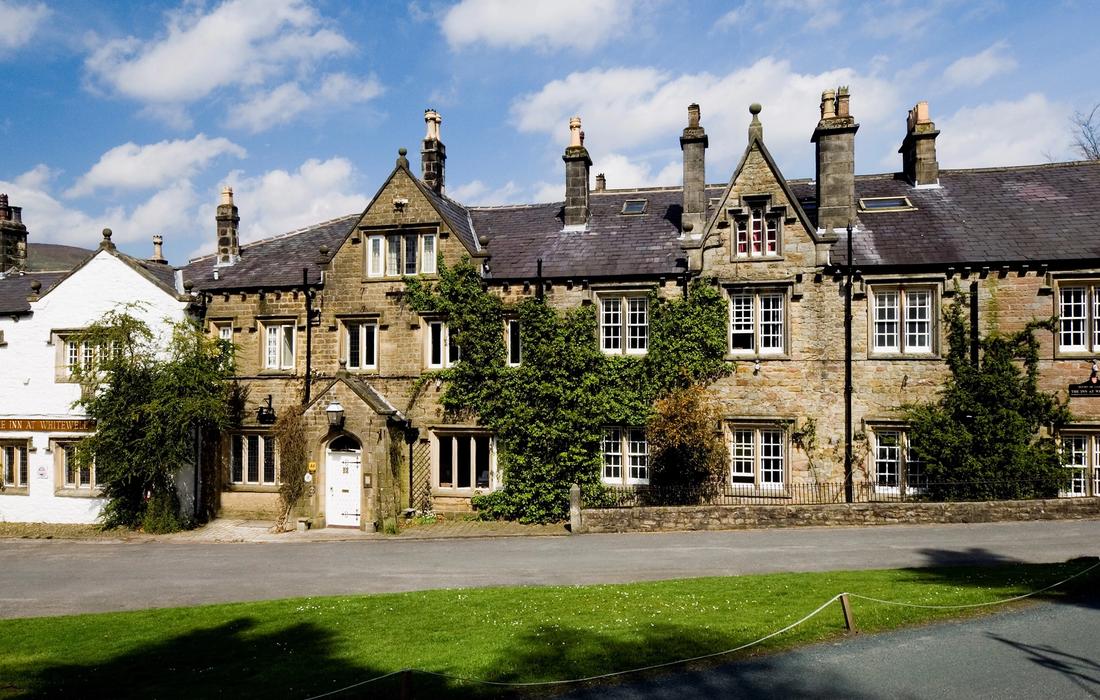The Good Hotel Guide is the leading independent guide to hotels in Great Britain & Ireland, and also covers parts of Continental Europe. The Guide was first published in 1978. It is written for the reader seeking impartial advice on finding a good place to stay. Hotels cannot buy their way into the Guide. The editors and inspectors do not accept free hospitality on their anonymous visits to hotels. All hotels in the Guide receive a free basic listing. A fee is charged for a full web entry.
The Good Hotel Guide
About Us
Independent
Recommended
Trusted
Independent
Recommended
Trusted

Boutique folly
All blog posts
3 minutes
2 Jan 2017
Boutique folly
All blog posts
3 minutes
2 Jan 2017

By Adam Raphael

One of my New Year’s resolutions is to stop snarling when I hear the word ‘boutique’. Today it is used about such a wide variety of hotels that it means virtually nothing. Why is it so abused? The short answer is branding. Pin the B*** label on any pile of rubbish and the perception is that you can’t go wrong.
Listen to this: ‘It’s the newest casino in town with 440 rooms, 2,000 staff—by Vegas standards it’s considered to be a boutique hotel—upmarket, retro, hip and young.’ Or worse still: ‘The group is also opening a new hotel next month, a boutique hotel with 100 rooms.’
Quite why boutique has such an appeal is a mystery, but it is clearly attractive to a large and growing audience. Its origins go back to 18th century France where it was used to describe a small shop. Before that, it comes via Latin from the Greek word for storehouse—apotheke. The Oxford dictionary has this modern definition: ‘A business serving a sophisticated or specialised clientele.’ And there’s perhaps the rub. Nothing appeals more to the upwardly mobile hotel guest than a touch of class mixed with character.
Here at the Guide, we have our own interpretation of boutique hotels: small, stylish, informal. The concept has been brilliantly exploited by some talented hoteliers such as Robin Hutson, who is now littering the English countryside with his Pig hotels, all of which are featured or will be featured in the Guide. There are now five counting the newly opened Pig-at Combe, near Honiton. The others are at Studland, Bath, Southampton and Brockenhurst. The guests love their intimate shabby-chic design— stripped floorboards, open fires, ‘slouchy’ leather settees– and an emphasis on home-grown food and drink.
The boutique concept has been taken back even further to its roots by Justin and Charlotte Salisbury whose three Artist Residence hotels, in London, Brighton and Penzance—all in the Guide– have been causing waves for their quirkiness and originality, using salvaged industrial materials for their eclectic fittings and furnishings. How do you turn a clapped-out Brighton guest house into a boutique hotel? Amazingly Justin, aged 20, did it by placing an advertisement in Gumtree for local artists, promising them free board in exchange for decorating the bedrooms. If you can beat that back story, please get in touch.
Another small hotel group which cleverly exploits the boutique concept is the London based Zetters, owned by Mark Sainsbury, Michael Benyan and Jason Catifeoglou,. There are now two in Clerkenwell, the Zetter and the Zetter Townhouse and a newly opened one in Marylebone. What makes them special? Friendly, informal service; they are filled with oil paintings, antique ceramics, old photos, and even a stuffed kangaroo. Stylish, humorous, fun—it makes for a great stay.
Finally one of this Guide’s César winners, Tiina Carr, has created a stylish Scandinavian-inspired hotel in Brocco on the Park in Sheffield. It rightly calls itself a boutique hotel, and it works a treat with modishly designed bedrooms and adventurous food.
What is the moral, if there is one, to draw from all of this? There is a big market out there for individual hoteliers with a clear vision and original style. But don’t try and fake it. If it’s bullshit rather than boutique, it will not work.


